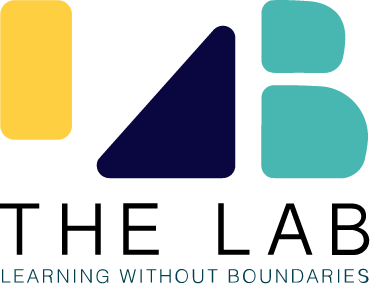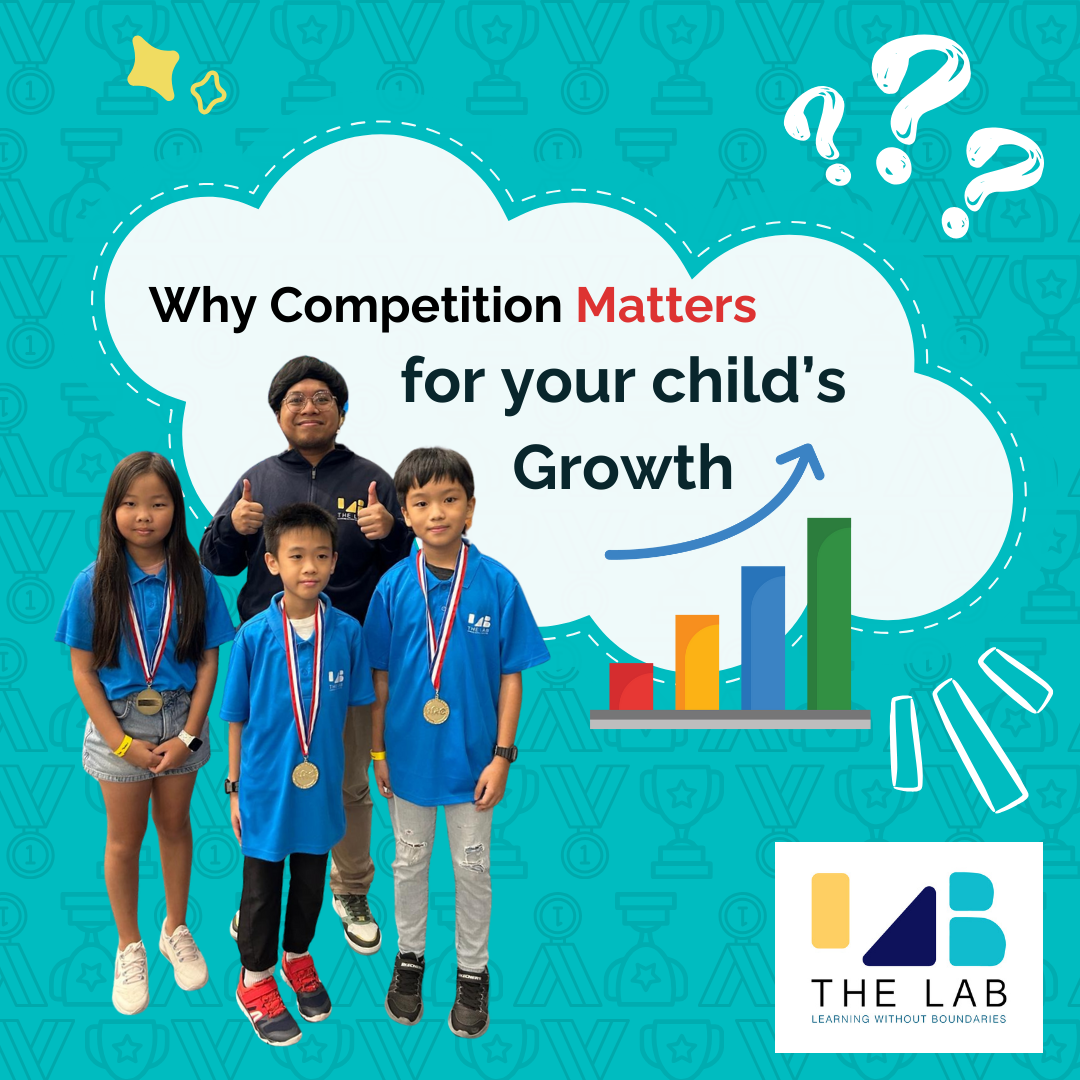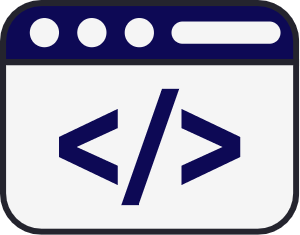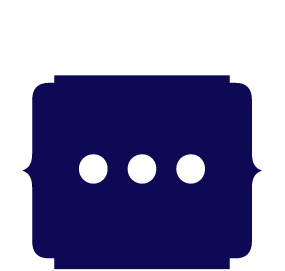Human curiosity has been the backbone to how we have perceived the world and the application of this knowledge. As an education centre, The Lab strive to not just impart knowledge to our students, we use inquiry based learning as part of our pedagogy.
What is inquiry-based learning?
Inquiry-based learning is a form of active learning that starts by posing questions, problems or scenarios. It contrasts with traditional education, which generally relies on the teacher presenting facts and his or her knowledge about the subject. Inquiry-based Learning is often assisted by a facilitator rather than a lecturer. Inquirers will identify and research issues and questions to develop knowledge or solutions. Inquiry-based learning includes problem-based learning, and is generally used in small scale investigations and projects, as well as research.The inquiry-based instruction is principally very closely related to the development and practice of thinking and problem solving skills.
Inquiry based learning is more than just asking students what do they want to learn. In most scenarios, students are unable to tell you specifically what do they want to know at the beginning of the lesson. It is through the analysis of information and finding out, in their own ways, how to best apply the information will students find new questions and scenarios in which they would need guidance to answer. Students will then be able to ask the questions that they really want answered, and the curiosity they foster is the core tenet of inquiry based learning.
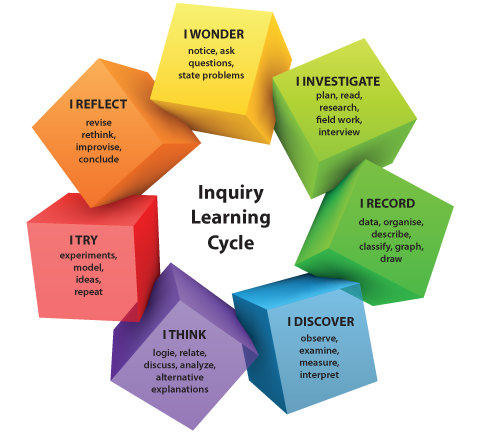
What is inquiry-based learning in programming?
In the case of programming, knowing particular data structure or function, commonly known as theoretical concepts, is insufficient for students. It is only when students are able to utilise this knowledge to solve the challenges given to them will the learning take place. Everyone can copy and paste code in the process to consider themselves to have learnt the language, but knowing how to tweak the code will they be able to have mastered it.
Benefits and challenges of inquiry-based learning
Like all concepts of learning, inquiry based learning presents its own benefits and challenges. Some challenges include the lack of coverage of the subject matter, the willingness and readiness of students to be engaged. Overcoming these challenges would require effort on the facilitator’s parts. To ensure that the students are adequately covered in terms of subject matter, key learning objectives must be set before hand and the focus on these learning objectives will be reiterated during every lesson.
With regards to encouraging students to be ready and willing to ask their own questions, facilitators should ensure that the appropriate questions are first posed, regardless of ability or interest level. The entry level and essential questions would help pique the student’s interest and the onus in on themselves to realise that they are ultimately responsible for their own learning. These would ensure that inquiry based learning can be conducted in an effective and fun manner.
That being said, inquiry based learning does bring about its unique sets of benefits. Putting students on the front bench of their own learning ensures a high level of engagement and curiosity. Facilitators would have then evolved their roles to be feeders of information to be the guardians of information – the students know who to go to when they seek the answers for questions that they have come up with themselves.
In the long run, this method trains students to be critical thinkers instead of sponges of information. This is useful as their role as programmers, or any other role that requires programming. Students will be able to ask the critical and relevant questions whenever needed, which will boost and help on their own learning journey, beyond just programming.
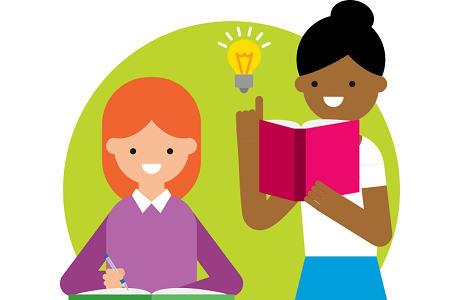
So how does The Lab promote inquiry based learning?
Our facilitators are well versed in the subject matter of programming concepts, and can grasp the key learning objectives in every section. Students will not be taught in a traditional class format, but will instead complete the challenges on their own, consulting the facilitators if necessary. This ensures that students are engaged sufficiently and put in a scenario where they must be responsible for their own learning. The challenges pose the questions that they would need to formulate by themselves, and the solutions derived from it is something that they can take pride in.

